Putin visits Crimea on annexation anniversary after ICC arrest warrant
Russian President Vladimir Putin has made an unannounced visit to Crimea, which joined Russia in a 2014 referendum, to mark the ninth anniversary of the Black Sea peninsula's declared independence from Ukraine.
Putin arrived in Crimea on Saturday, a day after the International Criminal Court (ICC) issued an arrest warrant against him on war crime accusations.
The Russian president was greeted by Mikhail Razvozhayev, the governor of the Sevastopol administrative region, and was taken to see a new children's center and an art school.
“Our President Vladimir Vladimirovich Putin knows how to surprise. In a good way,” Razvozhayev said on the popular Telegram messaging application.
“But Vladimir Vladimirovich came in person. Himself. Behind the wheel. Because on such a historic day, the president is always with Sevastopol and the people of Sevastopol,” he added.
Crimea declared independence from Ukraine on March 17, 2014, and formally applied to fall under Russian sovereignty following a referendum that had been declared illegal by Kiev. Moscow later annexed the region.
Since then, relations between Ukraine and Russia have been at odds. The United States and the European Union backed Kiev and refused to recognize the referendum results, later imposing sanctions on Moscow.
Putin has shown no intention of relinquishing the Kremlin’s gains. Instead, he has stressed the importance of holding Crimea.
“Obviously, security issues take top priority for Crimea and Sevastopol now,” he said on Friday, referring to Crimea’s largest city. “We will do everything needed to fend off any threats.”
Putin’s trip came a day after the ICC issued an arrest warrant over the Russian president’s alleged involvement in the unlawful deportation and transfer of children from occupied areas of Ukraine to Russia.
The Hague-based court also issued a warrant for Maria Alekseyevna Lvova-Belova, the commissioner for children’s rights in the office of the Russian president, on the same charges.
Russia has repeatedly rejected accusations of committing war crimes by its forces during the year-long war in Ukraine.
The Kremlin spokesman Dmitry Peskov described the questions raised by the court as "outrageous and unacceptable", stressing that any decisions of the court were "null and void" with respect to Russia.
Russian Foreign Ministry spokeswoman Maria Zakharova also said that the warrant is meaningless.
Putin has yet to comment publicly on the warrant.
Western leaders have, unsurprisingly, been welcoming the ICC move with the EU foreign policy chief calling it an important decision for international justice and just a start.
Russia launched the military operation in Ukraine in late February 2022, following Kiev administration's failure to implement the terms of the Minsk agreements and Moscow’s recognition of the breakaway regions of Donetsk and Luhansk.
At the time, Russian President Vladimir Putin said one of the goals of what he called a “special military operation” was to “de-Nazify” Ukraine.
Over the past year, Western countries, led by the United States, have shipped billions of dollars worth of weaponry to Kiev while slapping unprecedented economic sanctions on Moscow to force it into submission.
Amid the Western support for Ukraine, ICC prosecutor Karim Khan opened an investigation into possible war crimes and crimes against humanity and genocide in Ukraine a year ago. He made four trips to Ukraine, noting that he was looking at alleged crimes against children and the targeting of civilian infrastructure.
The ICC has no powers to enforce its own warrants as ICC member states can make the arrests and hand over the individuals to the Hague.
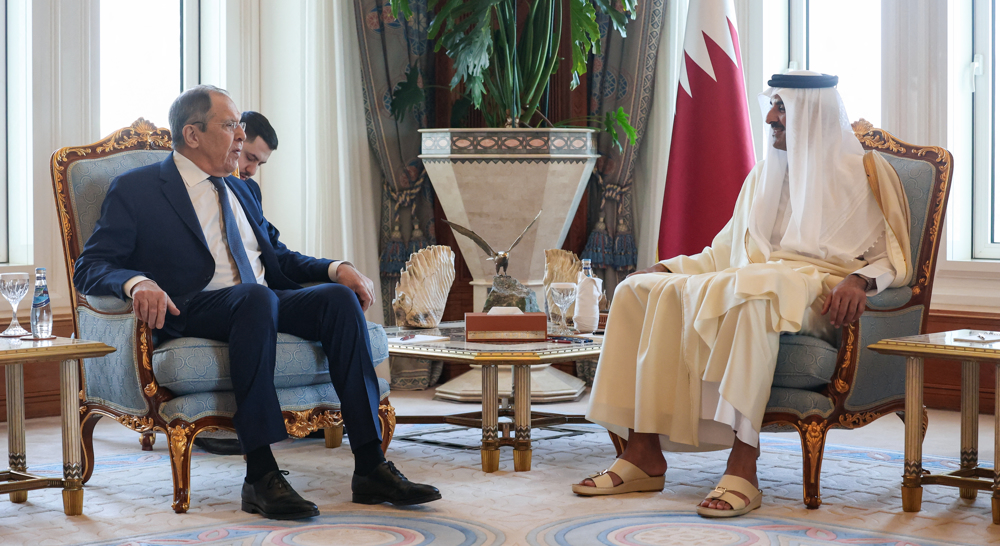
Russia, US diplomats to meet in Istanbul to discuss restoration of embassies: Lavrov
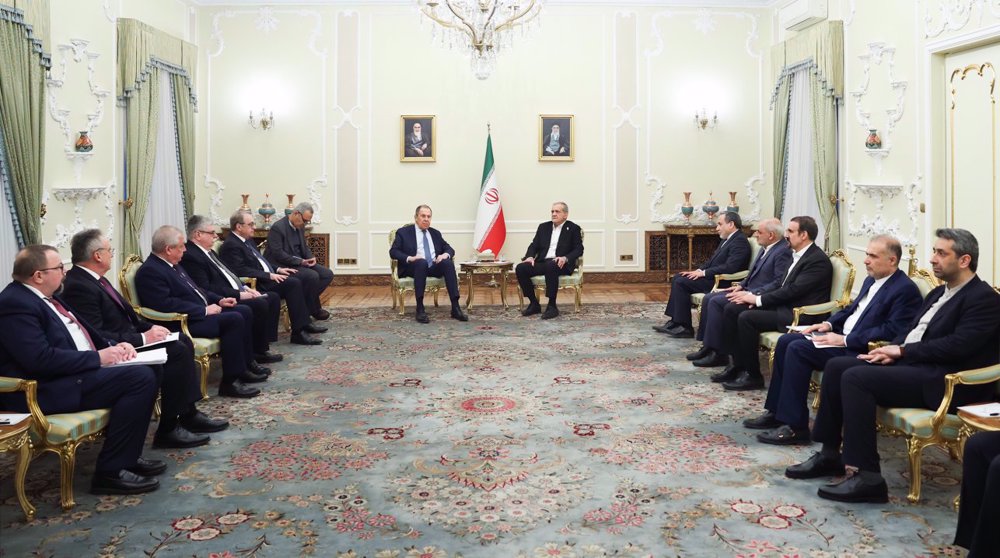
Iran’s president vows to accelerate cooperation with Russia
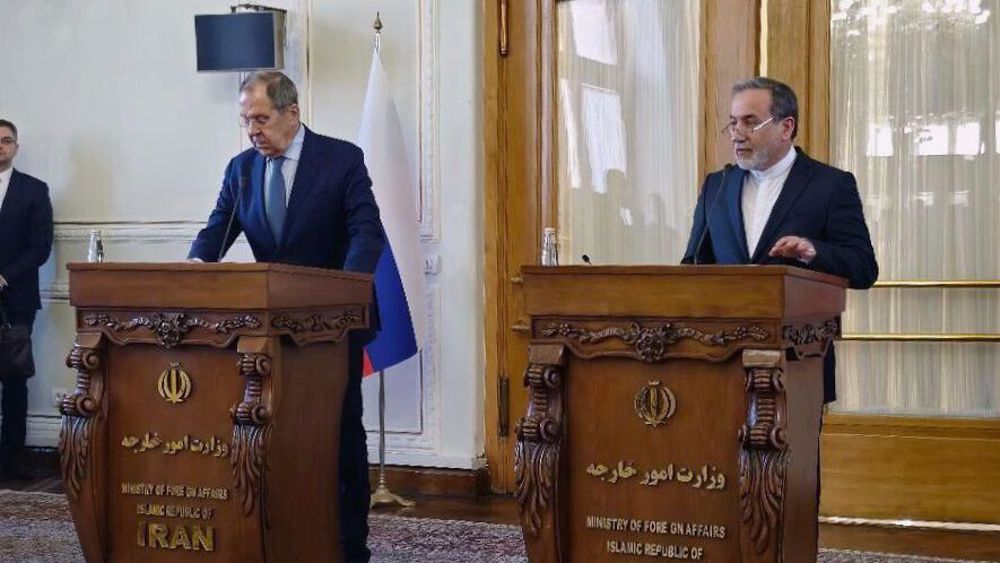
Iran rules out nuclear talks with US amid ‘maximum pressure’ campaign
Iranian flotilla makes port call in India with 'friendship message'
How UK counter-terror police colluded with Zionists to detain me after Beirut trip
Biden, Blinken, Austin referred to ICC over Gaza war crimes
EU will 'do the same' if US implements tariff hikes: France
VIDEO | Press TV's news headlines
British celebrities condemn BBC removal of Gaza documentary
Iran Army acquires tactical vehicles, audio surveillance systems
VIDEO | UK police detain anti-Zionist scholar upon return from Lebanon


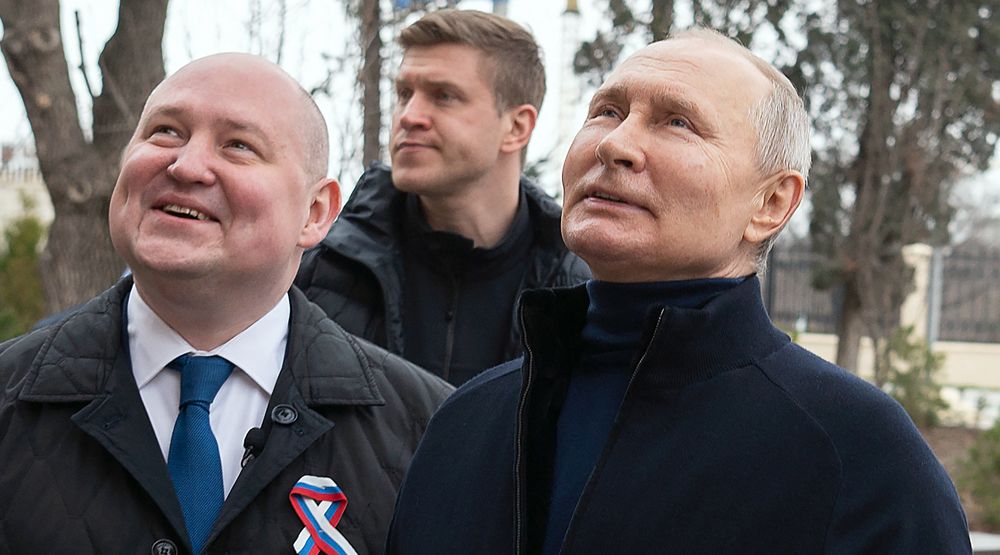
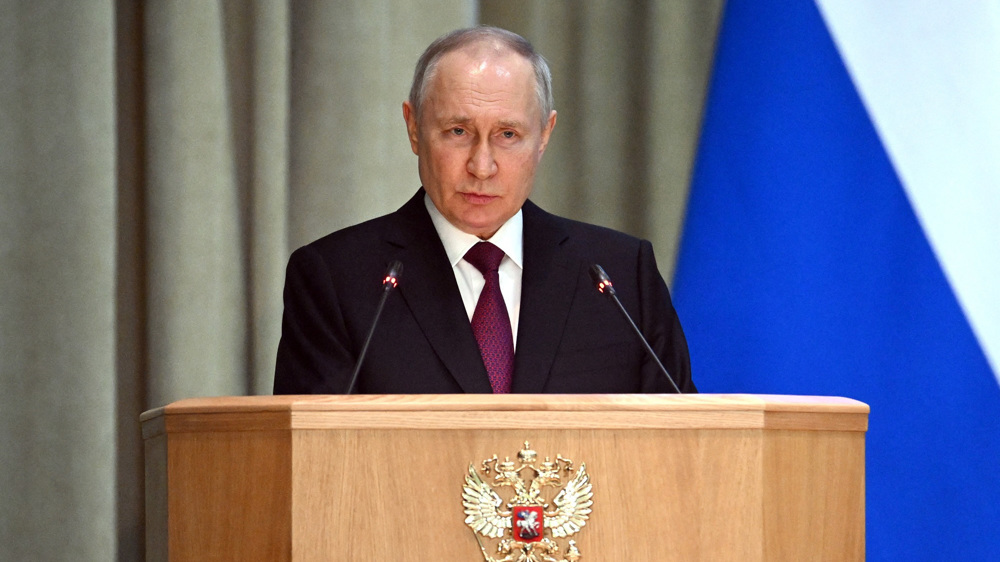
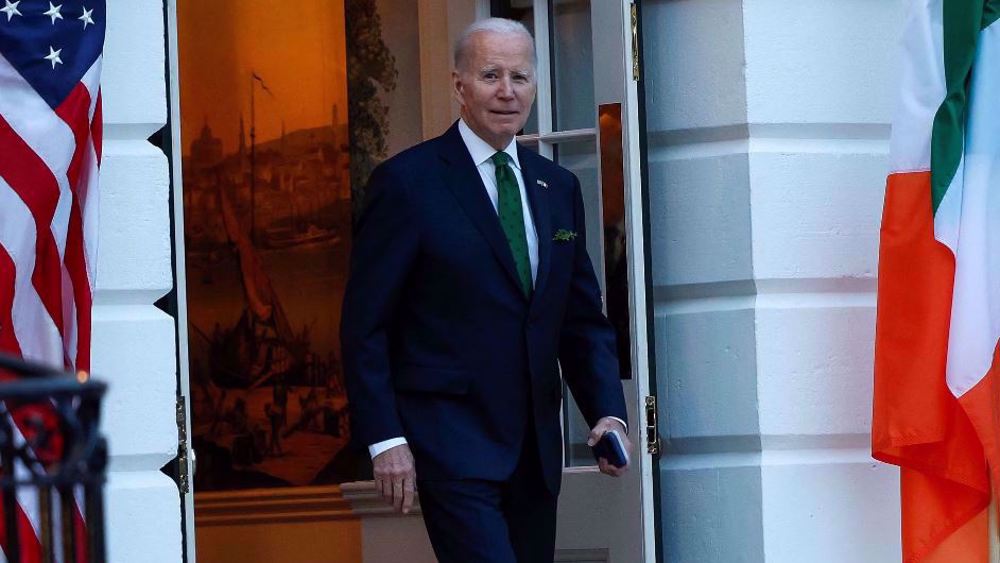



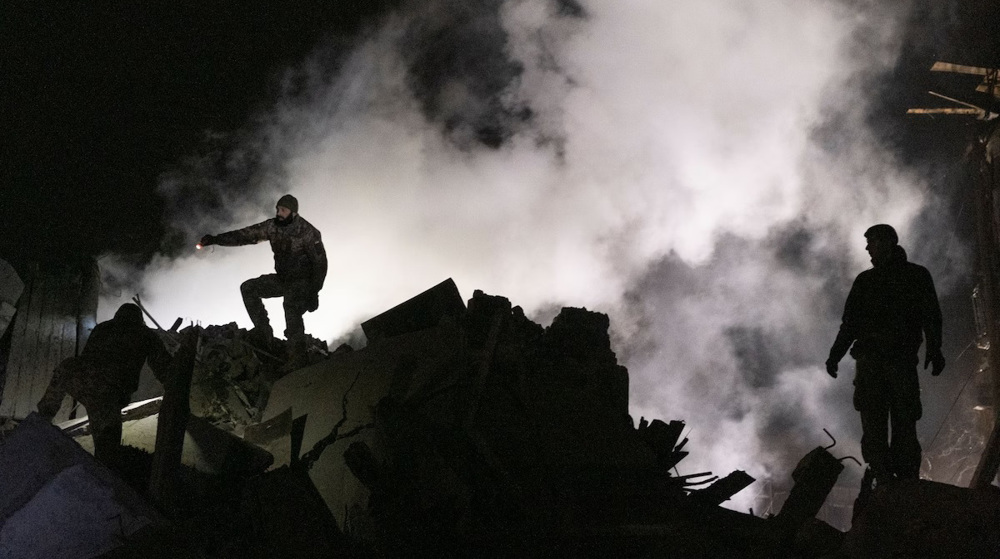
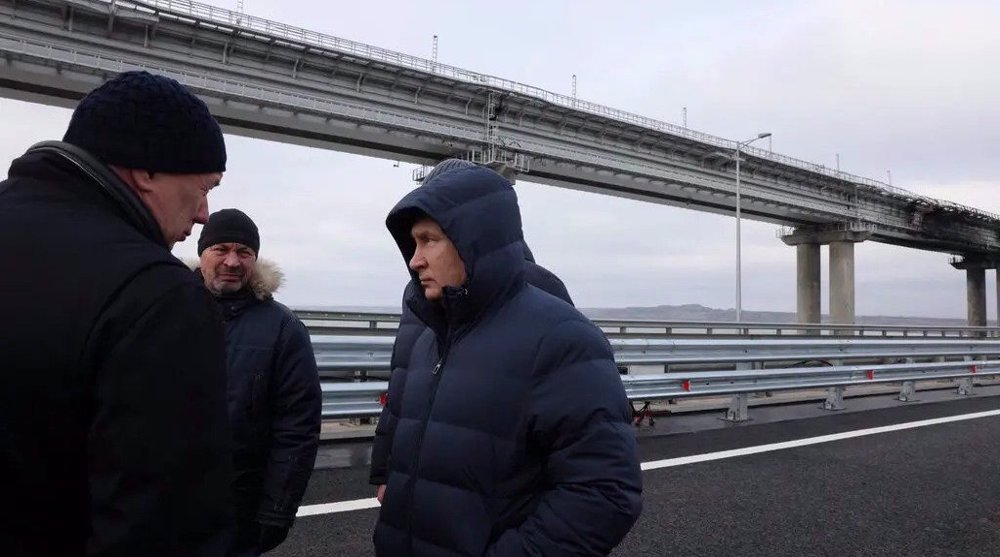

 This makes it easy to access the Press TV website
This makes it easy to access the Press TV website